In late March, a federal judge in California handed down a significant ruling regarding the liability of “decentralized autonomous organization” (“DAO”) members. If this sticks, and subsequent rulings follow the same pattern, DAO members may find themselves in the unenviable position of facing liability for any act attributable to the DAO. As such, this may represent a sea change in the decentralized crypto landscape and a tightening of the range of legal options for crypto innovators.
(Standard Disclaimer: we’re lawyers, but this isn’t legal advice. Unless you’ve signed an engagement letter with us, we don’t represent you. If you’d like us to represent you, please contact us through this website.)
You may recall the “Ooki DAO” case from last year, in which the Commodity Futures Trading Commission (“CFTC”) brought a case against the founders of the DAO, and somewhat more interestingly, the DAO itself. In that case, the judge ruled that the DAO was an “unincorporated association” capable of being sued in its own right. While that was a significant ruling, the ruling from last week – against the related bZx DAO – takes the idea a step further.
In the bZx DAO ruling, the court found sufficient allegations that the DAO itself is actually an unincorporated “general partnership” under California law. California – using a similar definition to most other U.S. states, and many other jurisdictions around the world – provides that the “association of two or more persons to carry on as coowners a business for profit forms a [general] partnership, whether or not the persons intend to form a partnership.” Cal. Corp. Code § 16202(a). In this case, for purposes of a motion to dismiss, the court found that the plaintiff had adequately alleged facts that, if true, would mean that the DAO was a general partnership.
Specifically, the court found that the plaintiff had sufficiently alleged that (1) the DAO was an association of two or more persons, (2) that it generated profits through its margin trading and lending products, (3) that BZRX token holders possess sufficient governance rights to be considered “co-owners,” and that (4) the ability of token holders to vote to distribute treasury assets to themselves is sufficient to count as profit-sharing.
Why is this significant? Because in most states (and many jurisdictions around the world) the partners in a general partnership have joint and several liability for the acts of the partnership. In other words, each partner can be held completely responsible for the entire amount of the partnership’s liability. If a DAO’s token holders are its partners, then that would mean that every single token holder could potentially be responsible for 100% of the DAO’s liability. Plaintiffs with a successful judgment would be able to pursue any identifiable token holder, and file claims against their assets for as much of the judgment as could be extracted. If a DAO is a partnership, each token holder may face significant liability on that basis alone.
Which is exactly what the court finds in the bZx DAO case. As the court notes, in determining whether the case against certain alleged token holders should not be dismissed, “[b]ecause anyone holding a BZRX token is a partner in the partnership, Plaintiffs can make this showing by specifically alleging that each Defendant held BZRX tokens.” The court then found that for a number of the defendants – including several of the co-founders – the allegations were sufficient that they had held BZRX tokens, and were thus general partners. Notably, the court also found that for several LLCs, the allegations were insufficient to establish that they had “held governance tokens, participated in the management of the bZx DAO, or shared in the profits of the DAO,” and dismissed the case against them.
There’s a lot in this case to take in, but boiled down, there are several key takeaways we want to note.
First, like the Ooki DAO case, the simple fact that the case is filed against the DAO as an entity in itself. Treating a DAO itself as a defendant that may be haled into court is still something of a novelty, but more cases are likely to follow. Given this, DAO creators can’t afford to treat their projects as existing in some parallel dimension, separate from conventional laws, but may need to consider them as corporate entities in their own right, and structure them accordingly. A number of DAOs have taken the precaution of forming an explicit entity “wrapper,” such as an LLC, to avoid having a court assign a less-desirable form, such as a general partnership. Some jurisdictions (e.g., Wyoming) have specifically enacted laws providing for the formation of DAOs as legal entities.
Second, the treatment of token holders as general partners. As previously discussed, the easiest way to avoid this fate may be to structure a DAO as something other than a general partnership. But crypto startup founders may also need to consider taking additional precautions to avoid liability, in the event of a finding of partnership status. Founders may have to assume that as the most prominent figures associated with a DAO, they’re the biggest targets for plaintiffs, and the easiest for which the ownership of tokens (to establish partner status) can be proven. Well drafted indemnification agreements, separate entities for holding tokens, and even D&O insurance are tools that may be useful in minimizing the risk profiles for founders.
Third, while this case is an important new development, it isn’t likely to have much immediate impact on the status of tokens as securities. Treating token holders as general partners is concerning, but the bZx DAO case concerns alleged negligence, leading to a phishing attack and the theft of cryptocurrency, not securities activities. The broad point often seen in securities analysis – that a sufficiently distributed network of users (e.g., a DAO) may be enough to negate the “efforts of others” prong of the Howey test – may remain unaffected by the allegations in this case.
Given the success of the plaintiffs at this stage, as well as that of the CFTC in the Ooki DAO case, it’s fair assumption that additional lawsuits will be filed against DAOs, and in cases where there’s no other corporate form that could apply, that more token holders will be considered liable as general partners. For fintech startup founders, it may be worth keeping an eye on this space for any further developments.
(Cover photo by Colin Lloyd on Unsplash)


